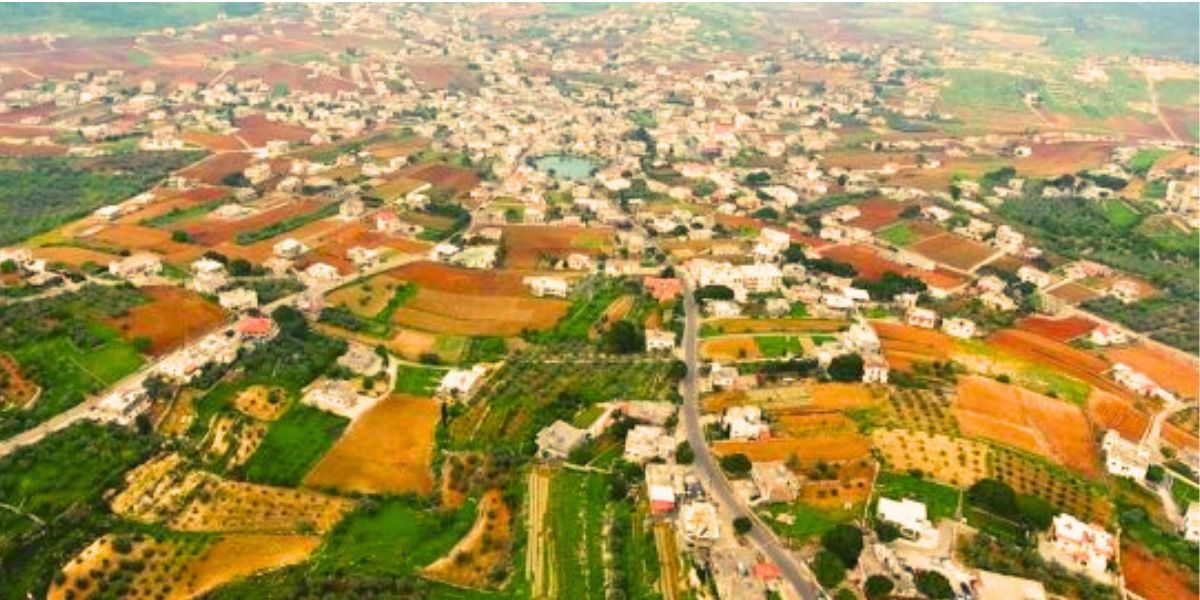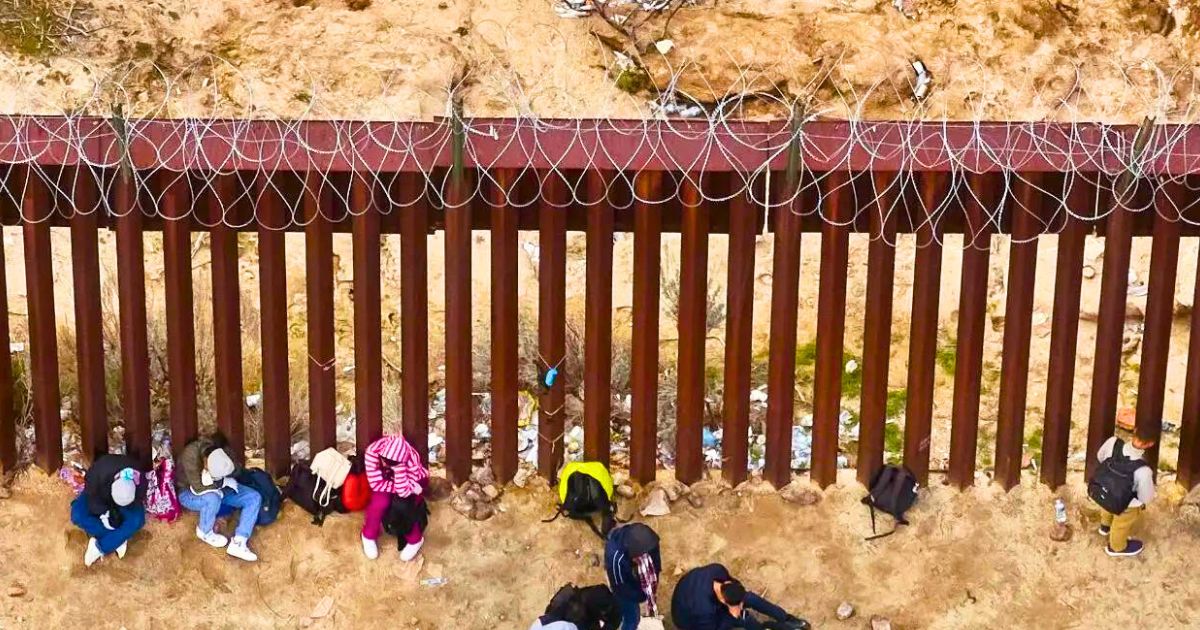After a whole day of parliamentary consultations on Thursday, December 19, in Baabda’s presidential palace, Hassan Diab has been appointed to head Lebanon’s next cabinet. The new PM got 69 votes. 43 MPs abstained from voting.
This decision has re-ignited the Lebanese streets with the people of the revolution protesting. The refusal of Hassan Diab as the new Prime Minister is being evident by the reactions of the Lebanese revolutionaries.
PM Diab’s nomination was backed by two major Iran-backed factions, Hezbollah and Amal, and his previous career in the ministry and academic work are believed to reek of bribery. The fact that the new PM is backed by these two factions makes the refusal stronger.
Even though PM Diab is not officially affiliated with any political bloc, the Lebanese people believe that this makes the government of “one color” as he has obtained the voting support of the Hezbollah bloc and all the others, while only 6 of the Sunni bloc showed their support to him.
People have taken to the streets in large numbers, protesting against the appointed PM.
A group of revolutionists gathered for a sit in front of the house of Diab in Tallet Al-Khayyat in Beirut, amid security forces arriving. On social media, a new hashtag is trending: “Down with Hassan Diab” يسقط_حسان_دياب#.
One of PM Diab’s former students on Twitter claimed that Diab used to publish the engineering papers of his students under his own name.
A former head of the Lab at AUB posted on Twitter the following experience he had with Hassan Diab using his position of power as VP of the university back then to get his son hired at the medical lab.
The revolution’s demands have not been met by the appointment of Hassan Diab. The government totally disregarded the demands of the people and they keep assigning people from their corrupt circle.
All over Lebanon, the Lebanese people gathered in protests, filling the protesting sites and marching the streets of Beirut, Tripoli, Nabatieh, among others. Streets have been closed from the North to the south in refusal.
A heavy presence of internal security forces is seen in front of the house of the newly appointed prime minister as the protesters are heard approaching the site, chanting their refusal.

















